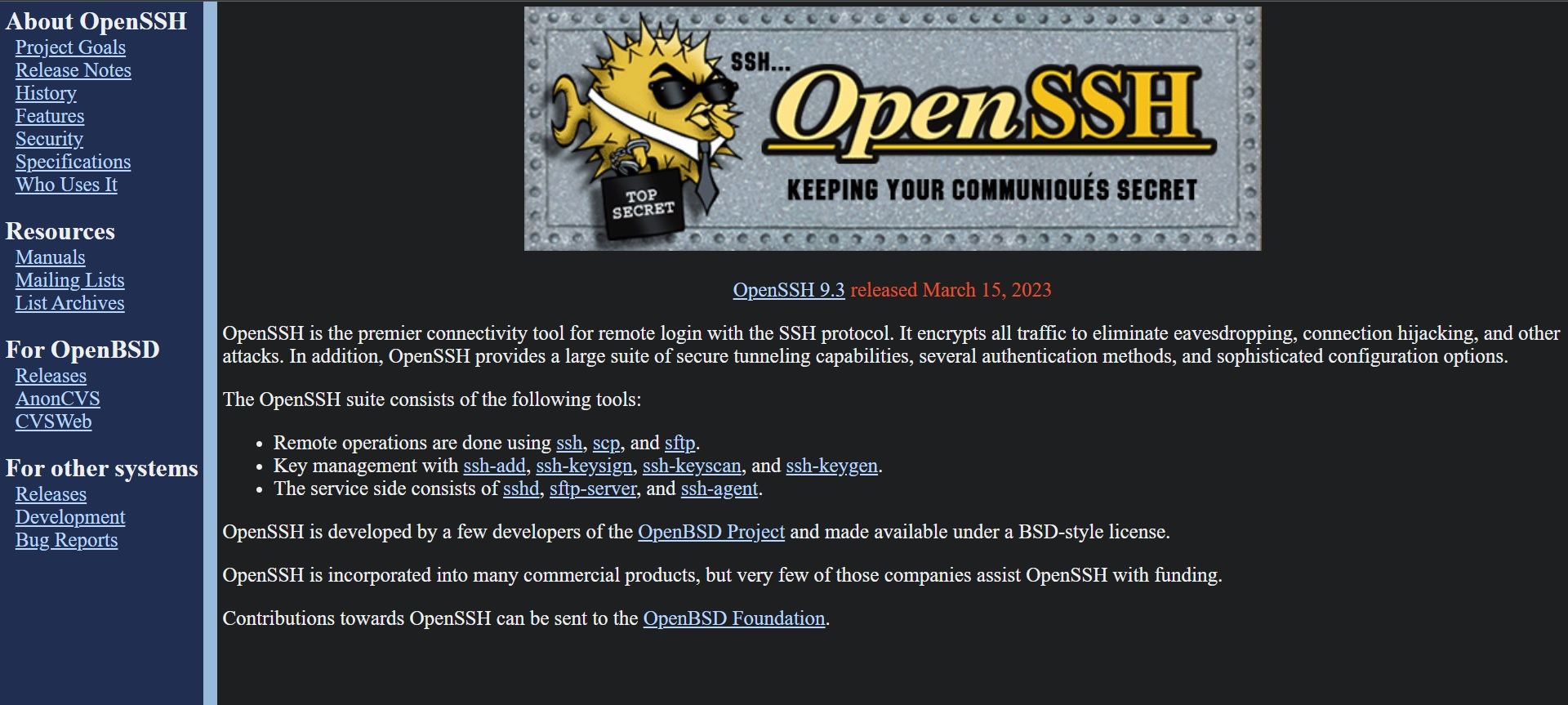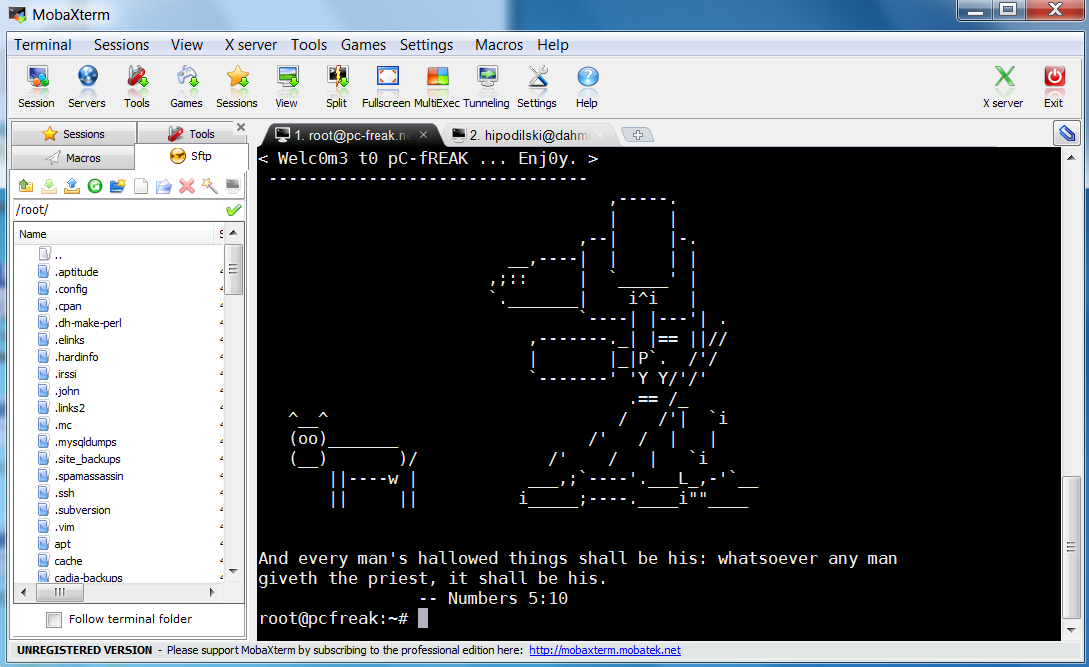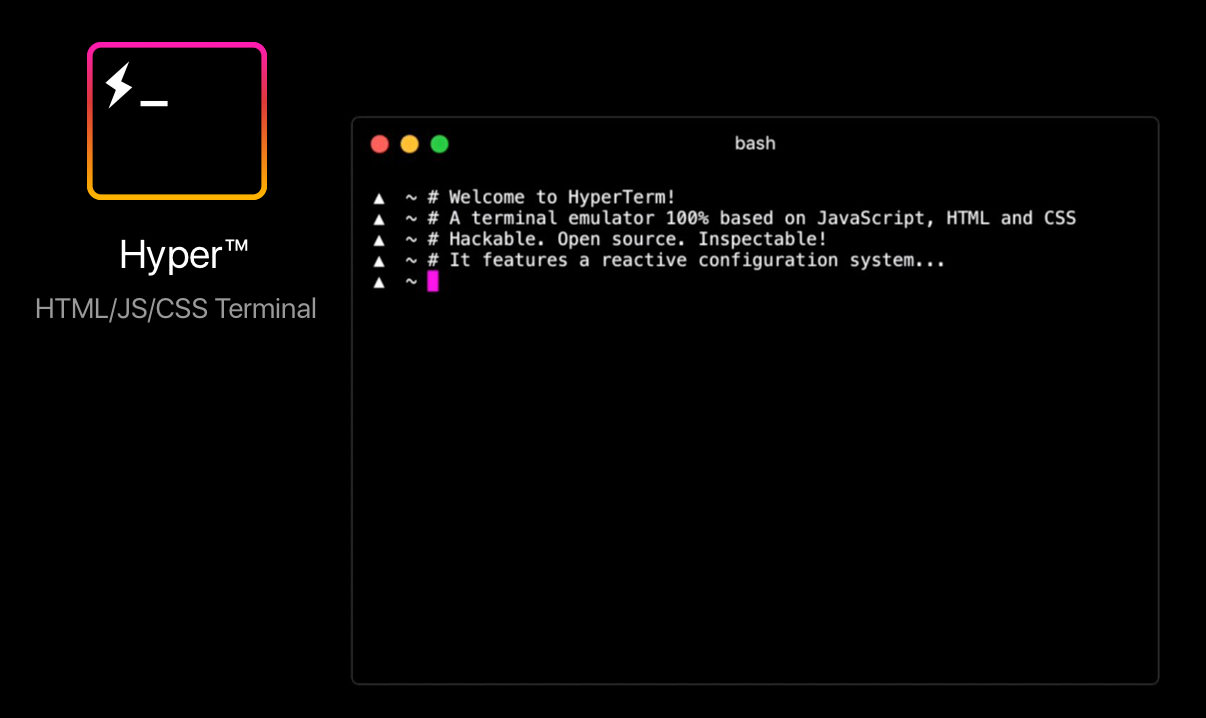In today's interconnected world, the need for secure and reliable remote access solutions has never been greater. Best SSH RemoteIoT stands out as a powerful tool that allows users to manage and control devices remotely with ease and security. Whether you're an IT professional, developer, or hobbyist, understanding how to leverage SSH RemoteIoT can significantly enhance your operational capabilities.
SSH (Secure Shell) is a cryptographic network protocol designed to provide secure access to remote systems. When combined with IoT (Internet of Things) devices, it creates a powerful synergy that enables seamless and encrypted communication between devices. This article will explore the best practices, tools, and strategies for utilizing SSH RemoteIoT effectively.
By the end of this guide, you'll gain a comprehensive understanding of why SSH RemoteIoT is essential for modern networking, its benefits, and how to implement it in your projects. Let's dive in and explore the world of secure remote connectivity!
Read also:Kamiki Rwi Unveiling The Extraordinary Life And Achievements
Table of Contents
- Introduction to SSH RemoteIoT
- History of SSH and IoT Integration
- Benefits of Using Best SSH RemoteIoT
- Setting Up SSH RemoteIoT
- Ensuring Security in SSH RemoteIoT
- Top Tools for Best SSH RemoteIoT
- Use Cases for SSH RemoteIoT
- Comparison with Other Remote Access Solutions
- Optimizing SSH RemoteIoT Performance
- The Future of SSH RemoteIoT
Introduction to SSH RemoteIoT
SSH RemoteIoT combines the robustness of Secure Shell with the versatility of IoT devices. It allows users to establish encrypted connections to manage and interact with remote devices securely. This technology is particularly valuable in industries such as manufacturing, healthcare, and smart home automation, where real-time data access and control are critical.
Understanding SSH
Secure Shell (SSH) is a protocol that provides secure data communication over unsecured networks. It ensures confidentiality, integrity, and authentication of data exchanges. SSH is widely used for remote server management, file transfers, and tunneling.
IoT Integration
The integration of SSH with IoT devices enhances their security and functionality. By leveraging SSH, IoT devices can communicate securely, reducing the risk of unauthorized access and data breaches.
History of SSH and IoT Integration
The concept of SSH was first introduced in 1995 by Tatu Ylönen, addressing the need for secure communication over the internet. As IoT devices became more prevalent, the demand for secure remote access grew, leading to the development of SSH RemoteIoT solutions.
Evolution of SSH
- SSH-1: The original version, released in 1995.
- SSH-2: Introduced in 2006, offering improved security features.
IoT Growth
With billions of IoT devices connected worldwide, the integration of SSH ensures that these devices remain secure and operational. According to a report by Statista, the global IoT market is projected to reach $1.5 trillion by 2030.
Benefits of Using Best SSH RemoteIoT
Adopting SSH RemoteIoT offers numerous advantages, including enhanced security, ease of use, and scalability. Let's explore these benefits in detail:
Read also:Vitamin C Singer The Rising Star In The Music Industry
Enhanced Security
SSH RemoteIoT employs encryption algorithms to protect data during transmission, making it resistant to eavesdropping and man-in-the-middle attacks.
Easy Implementation
Setting up SSH RemoteIoT is straightforward, requiring minimal configuration. Most modern devices and operating systems support SSH natively, simplifying the adoption process.
Scalability
Whether managing a few devices or an entire network, SSH RemoteIoT can scale to meet your needs. Its flexibility makes it suitable for small projects and large-scale deployments alike.
Setting Up SSH RemoteIoT
Configuring SSH RemoteIoT involves several steps, from enabling the SSH service to securing the connection. Follow these guidelines to set up your SSH RemoteIoT environment:
Step 1: Enable SSH on Your Device
Ensure that SSH is enabled on the device you wish to manage remotely. On Linux systems, this can typically be done by starting the SSH service.
Step 2: Configure Firewall Settings
Adjust your firewall settings to allow SSH traffic. By default, SSH uses port 22, but you can configure it to use a different port for added security.
Step 3: Secure Your Connection
Implement best practices such as using strong passwords, enabling two-factor authentication, and regularly updating your SSH client and server software.
Ensuring Security in SSH RemoteIoT
Security is paramount when dealing with remote access solutions. Here are some strategies to enhance the security of your SSH RemoteIoT setup:
Use Key-Based Authentication
Instead of relying on passwords, use SSH keys for authentication. This method is more secure and eliminates the risk of brute-force attacks.
Regularly Update Software
Keep your SSH client and server software up to date to patch vulnerabilities and ensure optimal performance.
Monitor Access Logs
Regularly review your SSH access logs to detect and respond to suspicious activities promptly.
Top Tools for Best SSH RemoteIoT
Several tools can enhance your SSH RemoteIoT experience. Here are some of the best options:
1. PuTTY
PuTTY is a popular SSH client for Windows users, offering a simple interface and robust features.
2. OpenSSH
OpenSSH is an open-source implementation of the SSH protocol, widely used on Unix-like operating systems.
3. MobaXterm
MobaXterm is an advanced SSH client that includes additional tools such as an X11 server and file transfer capabilities.
Use Cases for SSH RemoteIoT
SSH RemoteIoT finds applications in various fields, including:
1. Remote Server Management
IT professionals use SSH RemoteIoT to manage servers located in different geographical locations securely.
2. Smart Home Automation
Homeowners leverage SSH RemoteIoT to control smart devices such as lighting, thermostats, and security systems from anywhere.
3. Industrial IoT
In manufacturing, SSH RemoteIoT enables engineers to monitor and control machinery remotely, improving efficiency and reducing downtime.
Comparison with Other Remote Access Solutions
While SSH RemoteIoT offers many advantages, it's essential to compare it with other remote access solutions:
SSH vs. Telnet
Telnet lacks encryption, making it less secure than SSH. SSH RemoteIoT is the preferred choice for secure remote access.
SSH vs. RDP
Remote Desktop Protocol (RDP) is ideal for graphical remote access, while SSH RemoteIoT excels in command-line interactions and secure data transfers.
Optimizing SSH RemoteIoT Performance
To get the most out of your SSH RemoteIoT setup, consider the following optimization tips:
Compress Data Transfers
Enable data compression in your SSH configuration to reduce bandwidth usage and improve transfer speeds.
Use Efficient Algorithms
Select lightweight encryption algorithms that balance security and performance requirements.
Limit Concurrent Connections
Set limits on the number of concurrent SSH sessions to prevent overloading your server.
The Future of SSH RemoteIoT
As technology continues to evolve, SSH RemoteIoT will play an increasingly important role in securing IoT ecosystems. Advances in quantum computing and artificial intelligence may introduce new challenges and opportunities for SSH RemoteIoT solutions.
Emerging Trends
Expect to see innovations in areas such as zero-trust architectures, machine learning-based threat detection, and enhanced user authentication methods.
Conclusion
In conclusion, Best SSH RemoteIoT represents a powerful and secure solution for managing remote devices in today's interconnected world. By following the guidelines outlined in this article, you can implement SSH RemoteIoT effectively and securely. We encourage you to share your thoughts and experiences in the comments below and explore other articles on our site for more insights into technology and security.
Take action now and start leveraging SSH RemoteIoT to enhance your remote access capabilities!


